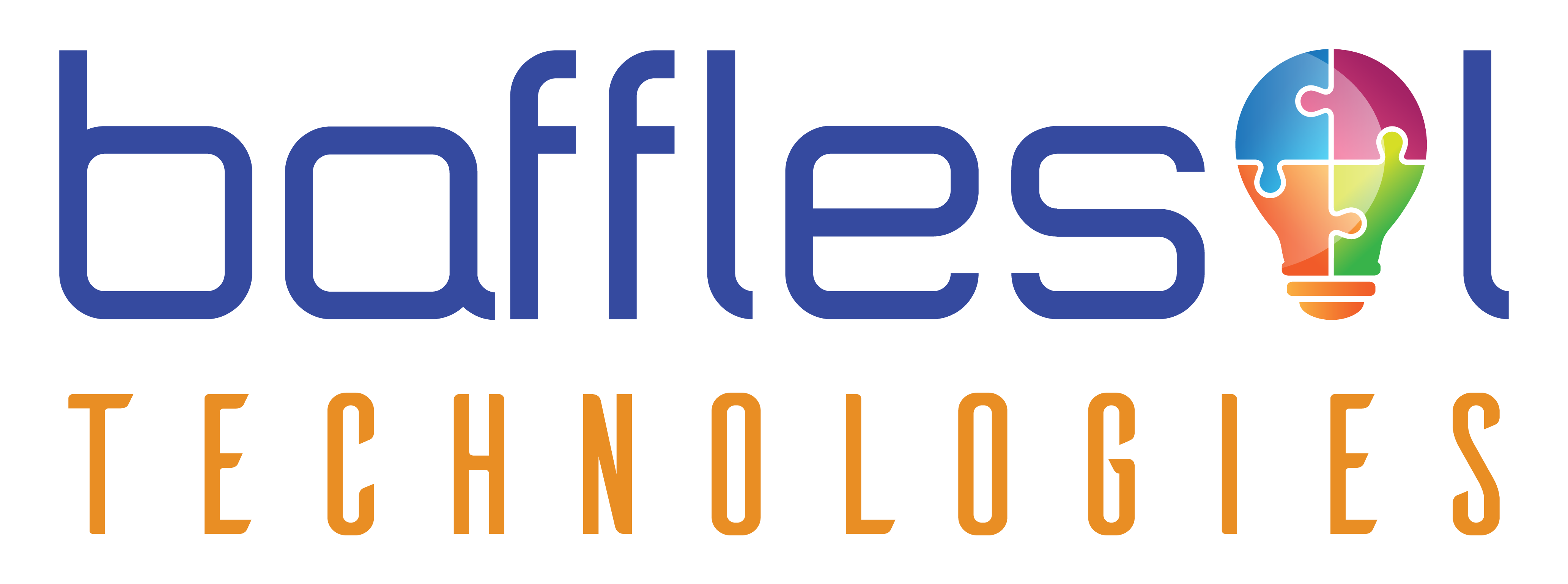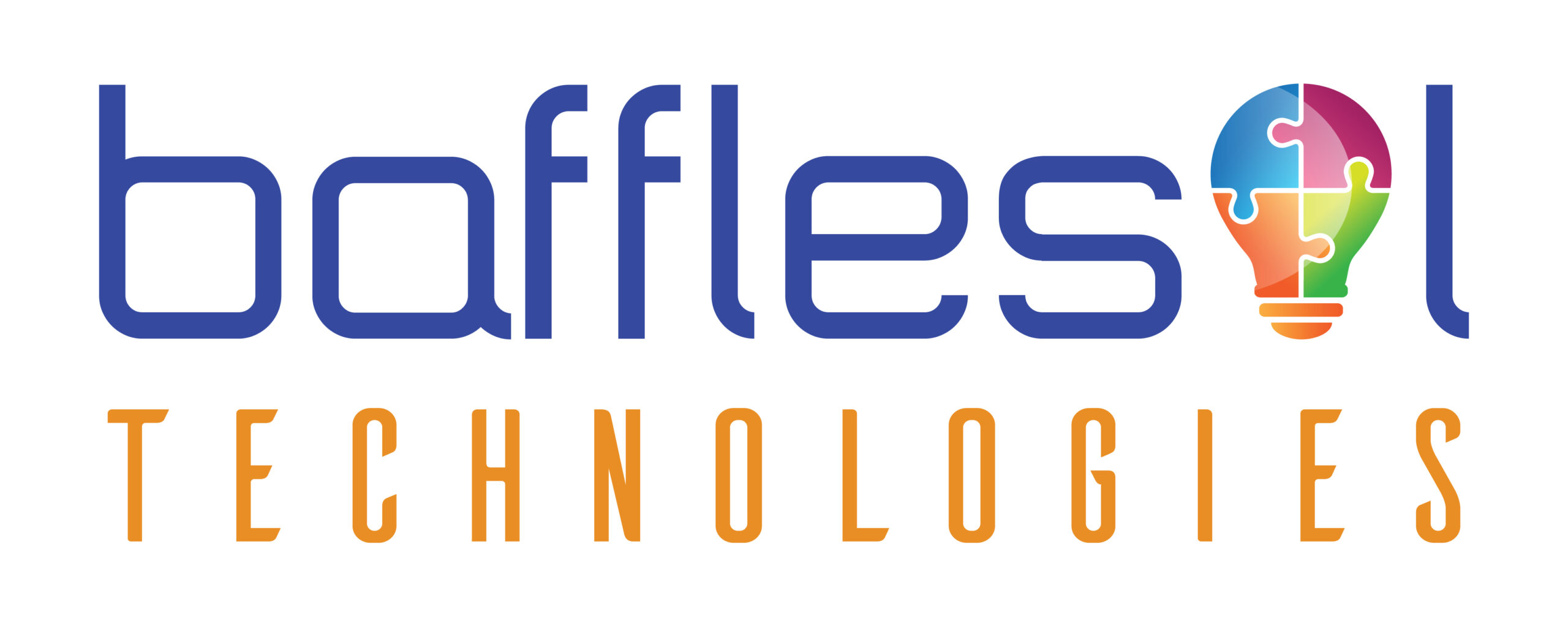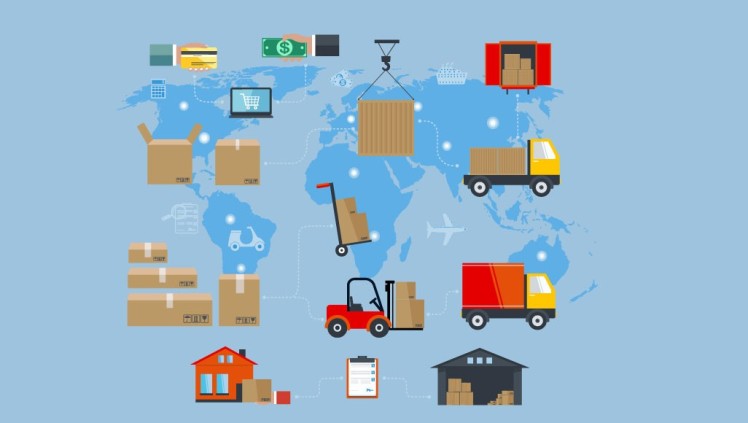In the ever-evolving landscape of wholesale distribution, staying competitive requires more than just quality products and efficient logistics. It demands a sophisticated system that can orchestrate the complex dance of supply and demand seamlessly. Enterprise Resource Planning (ERP), is an often-underestimated force that quietly revolutionizes the way wholesale businesses operate, thrive, and expand.
What is ERP?
Enterprise Resource Planning (ERP) is an integrated software solution designed to centralize and automate critical business processes within an organization. In the context of wholesale distribution, it acts as the digital nervous system, connecting various departments, functions, and data sources into a unified platform.
At its core, ERP for Wholesale Distribution offers a comprehensive suite of tools and features, including inventory management, order processing, financial tracking, and customer relationship management. It provides real-time visibility into all aspects of the business, enabling distributors to make data-driven decisions and optimize operations.
Why ERP is needed in Wholesale Distribution:
The realm of wholesale, retail, and distribution is undergoing a significant transformation. Presently, a notable 92% of wholesalers and distributors have adopted ERP software. Through the implementation of ERP, wholesalers, and distributors gain the ability to maintain minimal inventory levels and optimize the supply chain. Here’s why ERP for Wholesale Distribution is not just an option but a necessity.
I. Real-time Visibility: ERP solutions provide real-time insights into inventory levels, sales data, and customer preferences. This visibility empowers distributors to make informed decisions swiftly, helping them respond to market fluctuations with agility.
II. Efficient Inventory Management: Managing inventory is a balancing act. ERP systems optimize stock levels, reducing excess inventory costs while ensuring you never run out of critical items. This helps maintain customer satisfaction and profitability.
III. Streamlined Order Processing: ERP automates the order-to-cash process, from order entry to invoicing. This not only reduces manual errors but also accelerates order fulfillment, improving customer service and loyalty.
IV. Enhanced Customer Relationships: With a 360-degree view of customer data, ERP enables personalized interactions and tailored marketing campaigns. This fosters stronger customer relationships and drives sales growth.
V. Streamlined Operations: ERP systems integrate various business processes, such as order management, inventory control, procurement, and financials, into a single platform. This streamlines operations by eliminating redundant tasks, reducing manual data entry, and improving overall workflow efficiency.
VI. Inventory Management: Effective inventory management is critical for wholesalers. ERP systems provide real-time visibility into inventory levels, helping businesses optimize stock levels, reduce carrying costs, and prevent overstock or stockouts. This ensures that products are available when needed, minimizing lost sales and excess holding costs.
VII. Financial Management: Wholesale distribution involves complex financial transactions, such as invoicing, billing, and accounts receivable. ERP systems provide robust financial management tools, ensuring accurate financial reporting, compliance with accounting standards, and efficient financial processes.
VIII. Customer Relationship Management (CRM): CRM functionality within ERP systems allows wholesale distributors to maintain detailed customer records, track interactions, and manage marketing campaigns. This helps build stronger customer relationships, improve communication, and enhance customer satisfaction.
IX. Warehouse Management: Wholesale distributors often have complex warehouse operations. ERP systems help optimize warehouse processes by managing inventory locations, tracking stock movements, and supporting efficient order picking and packing.
X. Demand Planning and Forecasting: ERP systems can incorporate demand planning and forecasting tools that use historical data and market trends to predict future demand. This helps distributors optimize inventory levels and reduce carrying costs.
XI. Multi-Channel Sales Support: Wholesale distribution often involves multiple sales channels, including e-commerce, B2B, and direct sales. ERP systems enable distributors to manage and integrate these channels, ensuring a seamless customer experience.
Advantages of ERP for Wholesale Distribution:
The advantages of implementing an ERP system in wholesale distribution are manifold:
I. Cost Savings: By automating processes and optimizing resources, ERP for Wholesale Distribution reduces operational costs, leading to significant savings in the long run.
II. Improved Productivity: Employees can focus on value-added tasks rather than routine data entry, boosting overall productivity.
III. Data-Driven Decision-Making: ERP provides access to comprehensive data analytics, empowering businesses to make informed decisions and adapt to market changes swiftly.
IV. Competitive Edge: Streamlined operations and improved customer service give businesses a competitive advantage in the crowded wholesale distribution space.
Challenges of ERP Implementation in Wholesale Distribution:
While the advantages of ERP are clear, challenges may arise during implementation:
I. Cost: The high initial cost of ERP implementation, covering software licensing, hardware, customization, training, and maintenance, can strain budgets, especially for smaller businesses. Despite this, these expenses should be seen as long-term investments that bring significant efficiency gains, reduced labor costs, and better decision-making. Careful budget planning and cost-benefit analysis are essential for effective management.
II. Resistance to Change: Employees often resist ERP-related changes due to fear of job displacement and skepticism about benefits. To overcome this, prioritize clear communication about ERP’s advantages, and its impact on roles, and use tailored training programs for different user roles to boost confidence and receptiveness.
III. Integration: Ensuring seamless ERP integration with existing systems, including legacy software, e-commerce platforms, and supply chain tools, can be complex. Without meticulous planning, it may lead to data discrepancies, synchronization problems, and operational disruptions. Thoroughly map out data flows and dependencies to mitigate these issues and consider expert ERP integration consultation for a smoother process.
IV. Data Migration Challenge: Transferring data to the new ERP is challenging; inaccuracies can lead to errors, disruptions, and compromised decisions. To ensure accuracy and integrity, meticulous data cleansing, transformation, and validation are essential. Careful planning and coordination are vital to minimize data loss and prevent costly rework.
V. Project Management: Effective project management is paramount to ensure the ERP for Wholesale Distribution implementation stays on schedule and within budget. Poor project management can lead to delays, scope creep, and increased costs. Businesses should designate a skilled project manager or team to oversee the implementation process, set clear milestones and deadlines, and actively manage risks and issues as they arise.
How to Prepare for ERP Implementation in Wholesale Distribution:
Implementing an ERP system is not without its challenges, but the rewards are well worth the effort. Here’s a roadmap to ensure a smooth transition:
I. Needs Assessment: Before embarking on the ERP for Wholesale Distribution implementation journey, it’s essential to have a clear understanding of your business’s unique needs and objectives. Wholesale distribution businesses vary significantly in terms of size, industry focus, and operational nuances. Conduct a comprehensive needs assessment to identify pain points and inefficiencies in your current processes and define your specific goals and objectives for implementing an ERP system.
II. Select the Right Vendor: Choosing the right ERP vendor for Wholesale Distribution is a pivotal decision that can significantly impact the success of your implementation. When evaluating potential vendors, look for the industry expertise, and scalability, and assess the vendor’s post-implementation support services and training offerings.
III. Thorough Training: The success of your ERP system largely depends on how well your employees can utilize it. To maximize its benefits, invest in comprehensive training for your staff, and effective training not only accelerates user adoption but also minimizes errors and enhances overall productivity.
IV. Data Migration: Migrating existing data to the ERP system is a critical step in the implementation process. Data migration involves transferring data from your legacy systems to the new ERP system. This can be a complex and time-consuming process. A meticulous data migration plan is essential to avoid data loss, inconsistencies, and disruptions to your operations.
V. Testing and Feedback: Before taking your ERP system live, it’s crucial to conduct thorough testing to identify and address any issues or bugs. Testing should encompass all aspects of the system, including data entry, workflow processes, reporting, and integration with other systems.
Gather feedback from end-users during the testing phase to understand their experiences and address any concerns. User feedback is invaluable for fine-tuning the system and ensuring that it aligns with your business needs.
Conclusion:
In conclusion, ERP for Wholesale Distribution is a strategic imperative for wholesale distributors. It empowers businesses to adapt, grow, and thrive in today’s dynamic marketplace. The future belongs to those who embrace the transformative power of ERP, setting their sights on new horizons of success. With its ability to streamline operations, enhance customer relationships, and drive cost savings, ERP is the key to staying ahead in the ever-competitive world of wholesale distribution. Those who hesitate risk being left behind, while those who embrace ERP will unlock new levels of efficiency and profitability. The time to invest in ERP for Wholesale Distribution is now, as it paves the way for a brighter future in the world of wholesale distribution.



